
Code: 04723623
Why Don't American Cities Burn?
by Michael B. Katz
At 1:27 on the morning of August 4, 2005, Herbert Manes fatally stabbed Robert Monroe, known as Shorty, in a dispute over five dollars. It was a horrific yet mundane incident for the poor, heavily African American neighborhood of ... more
- Language:
 English
English - Binding: Paperback
- Number of pages: 224
Publisher: University of Pennsylvania Press, 2013
- More about this

You might also like
-
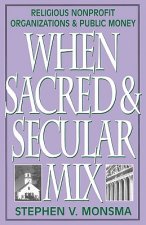
When Sacred and Secular Mix
60.54 € -

Nineteenth-century Literature Criticism
757.65 € -

Chicago - The Delaplaine 2020 Long Weekend Guide
16.98 € -

The Poets' Song of Poets
41.69 € -

The Motor Girls at Camp Surprise or, the Cave in the Mountains
9.46 € -
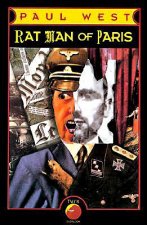
Rat Man of Paris
13.58 € -

180 Trait-Specific Comments Grades K-2
18.01 € -

Mornin' Bill
21.30 € -

Diplomatist's Wife in Japan
37.57 € -3 % -

Poetry for Students
304.06 € -
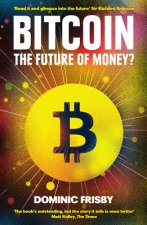
Bitcoin
13.68 € -17 % -
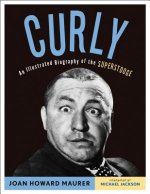
Curly
22.54 € -3 % -

Ultimate Secret
10.29 € -13 % -
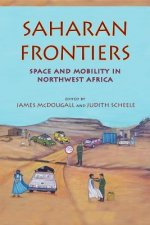
Saharan Frontiers
89.47 € -9 %
Give this book as a present today
- Order book and choose Gift Order.
- We will send you book gift voucher at once. You can give it out to anyone.
- Book will be send to donee, nothing more to care about.
More about Why Don't American Cities Burn?
You get 87 loyalty points
 Book synopsis
Book synopsis
At 1:27 on the morning of August 4, 2005, Herbert Manes fatally stabbed Robert Monroe, known as Shorty, in a dispute over five dollars. It was a horrific yet mundane incident for the poor, heavily African American neighborhood of North Philadelphia-one of seven homicides to occur in the city that day and yet not make the major newspapers. For Michael B. Katz, an urban historian and a juror on the murder trial, the story of Manes and Shorty exemplified the marginalization, social isolation, and indifference that plague American cities. Introduced by the gripping narrative of this murder and its circumstances, Why Don't American Cities Burn? charts the emergence of the urban forms that underlie such events. Katz traces the collision of urban transformation with the rightward-moving social politics of late twentieth- and early twenty-first-century America. He shows how the bifurcation of black social structures produced a new African American inequality and traces the shift from images of a pathological black "underclass" to praise of the entrepreneurial poor who take advantage of new technologies of poverty work to find the beginning of the path to the middle class. He explores the reasons American cities since the early 1970s have remained relatively free of collective violence while black men in bleak inner-city neighborhoods have turned their rage inward on one another rather than on the agents and symbols of a culture and political economy that exclude them. The book ends with a meditation on how the political left and right have come to believe that urban transformation is inevitably one of failure and decline abetted by the response of government to deindustrialization, poverty, and race. How, Katz asks, can we construct a new narrative that acknowledges the dark side of urban history even as it demonstrates the capacity of government to address the problems of cities and their residents? How can we create a politics of modest hope?
 Book details
Book details
Book category Books in English Society & social sciences Society & culture: general Social groups
35.41 €
- Full title: Why Don't American Cities Burn?
- Author: Michael B. Katz
- Language:
 English
English - Binding: Paperback
- Number of pages: 224
- EAN: 9780812222807
- ISBN: 0812222806
- ID: 04723623
- Publisher: University of Pennsylvania Press
- Weight: 378 g
- Dimensions: 228 × 153 × 12 mm
- Date of publishing: 17. October 2013
Trending among others
-

Women Who Run with the Wolves
12.04 € -
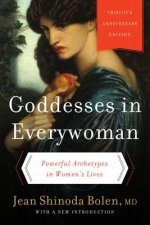
Goddesses in Everywoman
12.35 € -23 % -
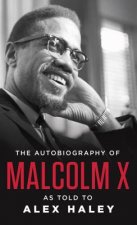
The Autobiography of Malcolm X
10.49 € -9 % -
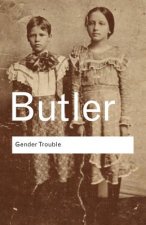
Gender Trouble
27.17 € -5 % -

Indigenous Peoples' History of the United States
15.33 € -21 % -

Who Cooked the Last Supper?
19.86 € -8 % -
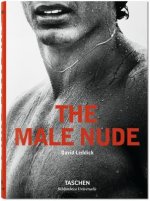
The Male Nude
18.32 € -10 % -

Culture of Critique
23.98 € -18 % -
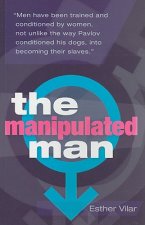
Manipulated Man
14.10 € -19 % -

Iron John
16.67 € -22 % -
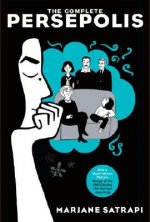
Complete Persepolis
23.47 € -17 % -

Witches, Midwives, And Nurses
13.48 € -
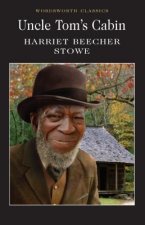
Uncle Tom's Cabin
4.83 € -13 % -

Girls with Swords
15.33 € -17 % -
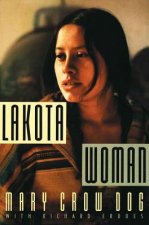
Lakota Woman
15.74 € -19 % -

Portrait of the Alcoholic
15.95 € -

Polin: Studies in Polish Jewry Volume 11
39.02 € -9 % -

Polin: Studies in Polish Jewry
59.61 € -

Polin: Studies in Polish Jewry Volume 8
39.02 € -9 % -
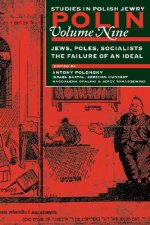
Polin: Studies in Polish Jewry
39.02 € -9 % -
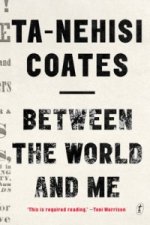
Between The World And Me
12.35 € -23 % -

Iron John
16.67 € -23 % -

Jewish Olympics
26.87 € -5 % -

Think Like a Monk
15.85 € -24 % -

Orientalism
11.01 € -24 % -
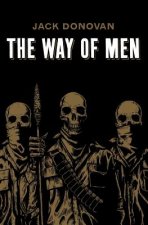
The Way of Men
14.10 € -19 % -

Second Sex
16.67 € -23 % -

Women Who Run With The Wolves
18.83 € -13 % -

Tom of Finland. The Complete Kake Comics
21.10 € -

The Mastery of Love
15.13 € -3 % -

Nice Girls Don't Get The Corner Office
9.87 € -24 % -
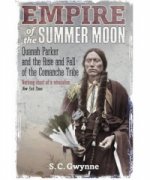
Empire of the Summer Moon
14.51 € -23 % -

Dance of Anger
11.21 € -23 % -

Eros and Mysteries of Love
17.29 € -19 % -

World's Best Cities
39.12 € -5 % -
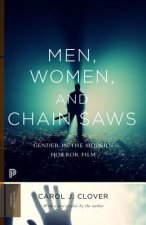
Men, Women, and Chain Saws
18.42 € -13 % -

Freedom Writers Diary
15.33 € -10 % -
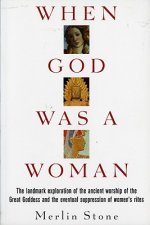
When God Was A Woman
19.66 € -4 % -

Talking with Female Serial Killers - A chilling study of the most evil women in the world
11.21 € -23 % -
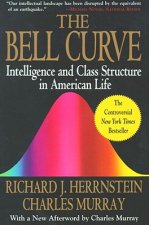
The Bell Curve
18.83 € -23 % -

Intellectuals and Society
22.54 € -21 % -

Desert Flower
10.29 € -24 % -
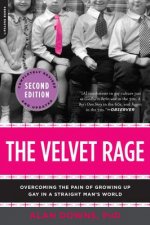
The Velvet Rage
16.67 € -22 % -

Beauty Sick
12.35 € -23 % -
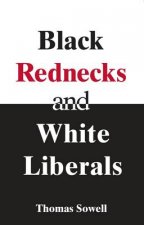
Black Rednecks & White Liberals
21.82 € -17 % -
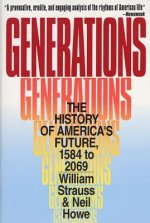
Generations
19.97 € -15 % -

Story of the Jews
13.17 € -22 % -

Muhammad: His Life Based on the Earliest Sources
21 € -23 % -
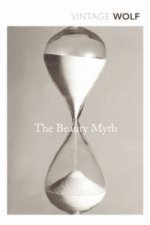
Beauty Myth
14.51 € -23 %
Collection points Bratislava a 2642 dalších
Copyright ©2008-24 najlacnejsie-knihy.sk All rights reservedPrivacyCookies



 15549 collection points
15549 collection points Delivery 2.99 €
Delivery 2.99 € 02/210 210 99 (8-15.30h)
02/210 210 99 (8-15.30h)